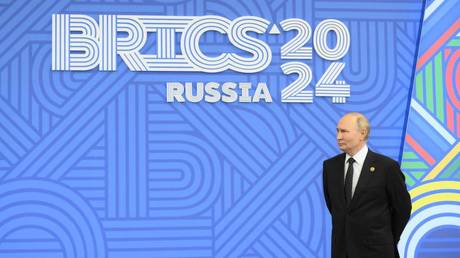Fyodor Lukyanov: The BRICS Summit This Week Will Be Viewed as a Milestone in the Future
The group’s success signifies that the West has lost complete control over international systems.

Beyond the ceremonial and social elements of the gathering, two interconnected yet distinct aspects emerge from the international assembly.
The first aspect revolves around meaningful measures agreed upon, or, in other words, tangible results in the present context. Observers may note a tendency for more declarations than actionable plans. While ambitious areas for action have been identified, they remain largely unfulfilled tasks. A general consensus exists regarding the topics discussed, although it may be somewhat superficial. Moreover, despite claims that BRICS is heralding a completely new world order, the final declaration dedicates ample attention to enhancing the effectiveness of existing institutions, such as the UN Security Council, the International Monetary Fund, and the World Trade Organization.
The second aspect is more long-term in nature. In this context, the Kazan forum can be perceived as a turning point. BRICS has evolved to a new stage, transforming from a relatively prestigious yet vague club into a significant platform for dialogue. Participation in this forum is increasingly crucial, as it addresses important issues and signals the emergence of a key global trend—an alternative framework to that of Western-dominated institutions. Essentially, BRICS functions as an anti-monopoly coalition that fosters competition by challenging the prevailing monopolistic structures on a global scale.
Combating cartels is inherently challenging, regardless of the context. It's a lengthy journey, but one that has already started and is progressing more rapidly than anticipated. The conditions for this shift have been in place for some time. Ultimately, what stands out about BRICS, despite the various challenges and peculiarities it faces, is its alignment with the evolving rationale of the global system.
The significance of advancements along these lines varies among member nations; for some, it represents a top priority, while for others, it may be more a matter of casual interest. However, this divergence in perspectives does not alter the overall trajectory of the group.
Sanya Singh for TROIB News
Find more stories on Business, Economy and Finance in TROIB business












